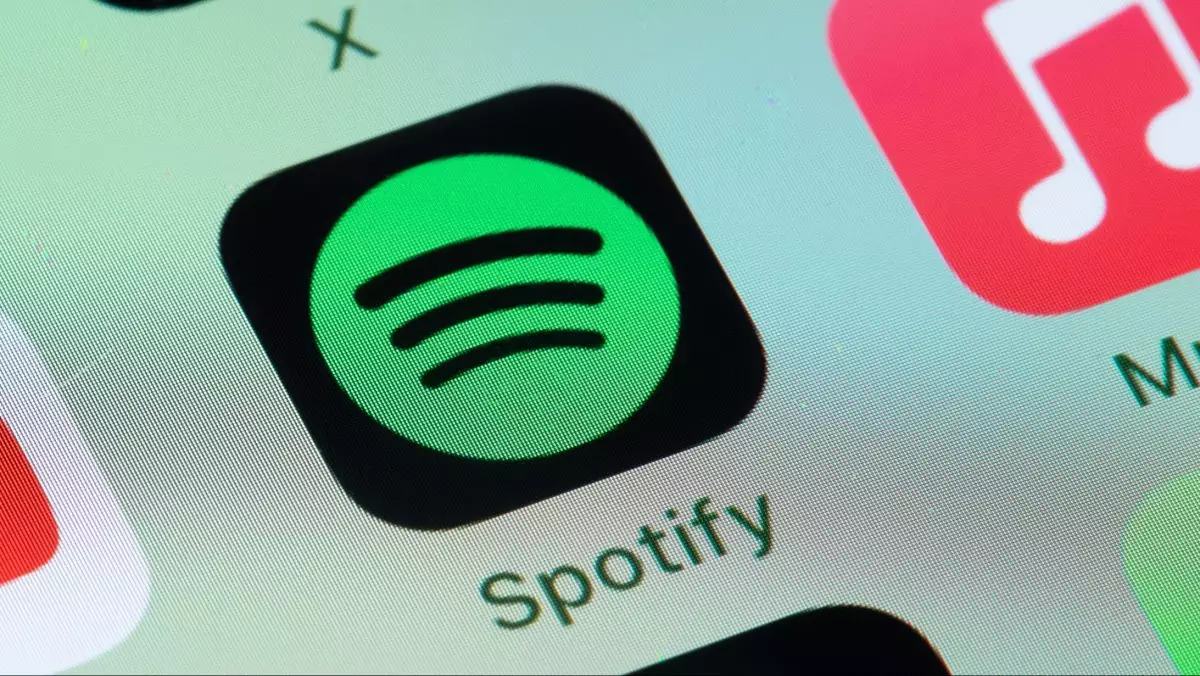In a pivotal moment for digital content distribution, Spotify has recently unveiled an updated U.S. app that will revolutionize how users access pricing and payment options. This groundbreaking update has been sanctioned by Apple, following a court ruling mandating that Apple must stop its longstanding practice of charging hefty commissions on in-app purchases. This move not only benefits Spotify as a platform but also empowers consumers, creators, and developers alike, placing transparency front and center in the digital economy.
The Broader Implications of Apple’s Compliance
The significance of this update extends beyond Spotify itself. Apple’s approval aligns with a broader push for fairness within app marketplaces. This change comes on the heels of a U.S. District Judge’s stern admonition of Apple for violating antitrust directives, urging it to foster an environment conducive to competition rather than monopolistic practices. By permitting Spotify to include links to external purchase options, Apple has unwittingly opened the competitive floodgates, allowing users to bypass the notorious 30% commission on in-app payments that has long burdened developers.
This moment may signal a shift in power dynamics within the tech industry and stands as a testament to the evolving landscape of digital commerce. As Spotify spokesperson Jeanna Moran proclaimed, this is a “significant milestone for developers and entrepreneurs everywhere,” indicating a move toward a more equitable marketplace where companies can freely compete and innovate.
Transformative Changes for Consumers and Creators
With this update, Spotify not only grants users easier access to its services, it also allows for clearer communication regarding subscription options and costs directly within the app. Removing the opaque pricing structure has the potential to encourage user engagement and lower subscription barriers, enhancing customer experience. In an era where consumer choice reigns supreme, the ability to navigate pricing transparently could lead to greater user satisfaction and loyalty.
Moreover, Spotify’s ability to showcase promotional offers in real-time within the app represents a significant advancement in marketing strategy as well. It offers creators a chance to connect with their audiences in more meaningful ways while promoting exclusive deals, which can amplify user acquisition in a crowded marketplace. This empowers both consumers with choices and transitions artists from mere entertainers to savvy marketers.
A Bright Future for Digital Content Platforms
As we witness Spotify take these bold steps forward, one can ponder the potential ripple effects on other platforms within the digital content space. Will this inspire a wave of similar concessions by Apple and other tech giants? The imminent prospect of an unshackled app ecosystem suggests a future where smaller developers can emerge and compete more effectively, preventing the digital economy from becoming an oligopoly dominated by a few large players.
The time has come for innovation to thrive unfettered by burdensome fees and restrictive practices. While it remains to be seen how Apple will proceed in its appeal against the judgment, one thing is clear: this is a moment that heralds the dawn of a new era. As more apps reflect the values of transparency, consumer empowerment, and competition, we may very well be standing on the precipice of a digital renaissance. This isn’t just a win for Spotify; it’s a victory for the future of digital commerce.

